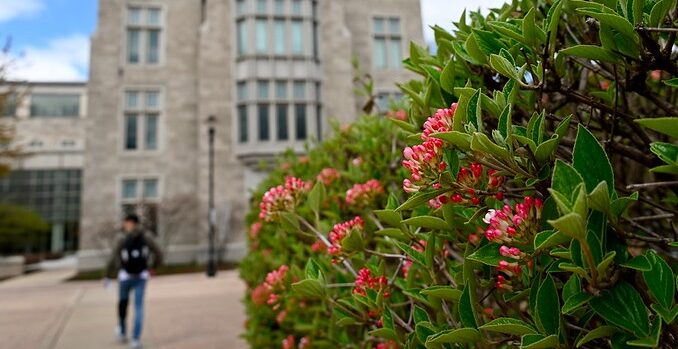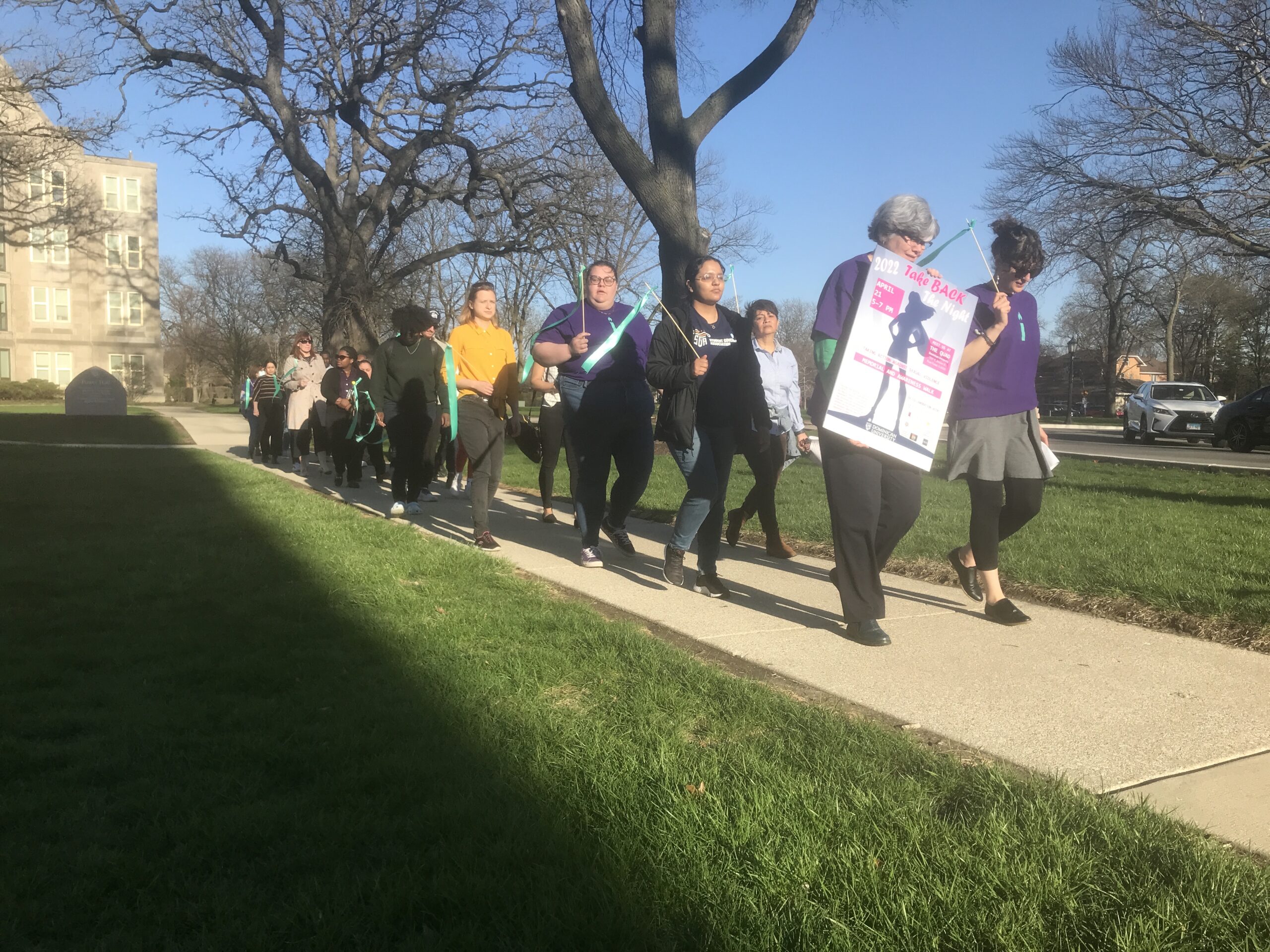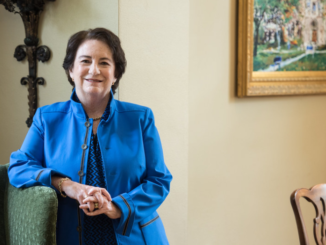
By Sarah Butkovich
Most people associate COVID-19 with physical aspects like masks and symptoms, but having a healthy mental state is just as important to one’s well-being. This is why Dominican University is going the extra mile to prioritize the mental health of its students in the midst of the pandemic.
Wellness Center Director Elizabeth Ritzman says there has been an influx of students coming in for mental health-related issues since the pandemic started, specifically for anxiety and depression.
Dominican’s Wellness Center primarily treats physical injuries and ailments such as the common cold and the flu, provides immunizations and physicals, and manages health conditions such as diabetes and asthma. It also tends to mental health issues and is equipped with on-campus counselors for stress, relationship problems, depression, and other mental illnesses.
In order to combat feelings of loneliness and isolation from COVID-19, members of the Wellness Center offer different forms of assistance to make students feel less alone and cared about. Ritzman says care packages are sent to students who are forced to self-isolate in quarantine rooms at Dominican because of a COVID-19 exposure. The Wellness Center also conducts outreach calls to check up on students who make mental health appointments and connects students with local therapists.
“The amount of uncertainty in our world has mentally pushed people to the extreme,” Ritzman said. “Loneliness is a particular stressor for everyone, and it’s hard to deal with because no one is there to watch you struggle. It leads to anxiety and depression.”
According to Ritzman, the Wellness Center has seen a 30% increase in mental health cases compared to last spring. Because of this, their mental health team has been “completely absorbed” since the Fall 2020 semester.
Lili Adam is a junior and one of the many resident students at Dominican who has struggled with mental health since the pandemic started.
“My mental health has definitely been affected as a resident,” Adam said. “As someone who follows the [COIVD-19] rules, I don’t get to see my friends nearly as much as I would like to. The pandemic has made me feel very lonely and I miss seeing people as often as I used to.”
Barrington Price, Dominican’s vice president for student success and engagement, said that even though many students like Adam feel isolated and stressed, the university is working around the clock to keep everyone both mentally and physically healthy.
“We’ve been more specific to students in their communities for social determinants that affect their mental health,” Price said. “This means we’ve done a better job assessing the needs of students outside of school. Compelling life circumstances like isolation from family or friends or losing your job affect people’s mental state.”
Price says the payoff– at least for student success in academics– can be shown in the numbers. From fall 2019 to the end of 2020, there was only a 1% increase of D’s and F’s reported on final grade transcripts. Not only that, but Dominican’s retention rate (the number of students returning to class from year to year) has remained relatively high. These promising statistics make Price optimistic that the university is successfully handling the mental health of its students.
Price also said Dominican’s move to Telehealth, an online service that virtually connects patients to medical professionals and clinical services, has made things easier for the Wellness Center.
“Many people have engaged in [Telehealth] now because it provides more services quickly and efficiently. Going to in-person medical visits feels overwhelming, especially now,” he said.
Students feeling depressed, anxious, or overwhelmed in any way can visit the Wellness Center located in the lower level of Coughlin Hall or schedule an appointment through the Wellness Center online.
sbutkovich@my.dom.edu
*Photo from Dominican University Flickr



